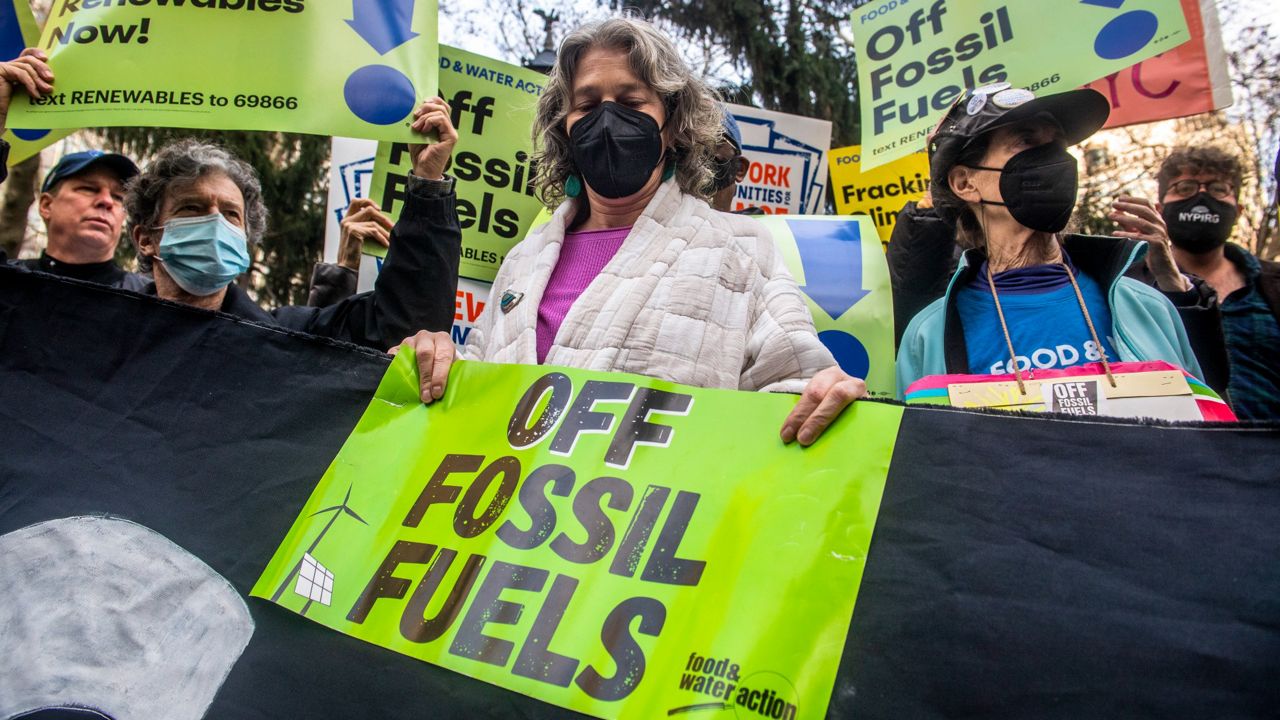New buildings in New York City will soon be unable to house gas-powered stoves, ovens and heating appliances, after the City Council voted Wednesday to ban the use of fossil fuels in new developments. Mayor Bill de Blasio has indicated he will sign the legislation into law.
The ban, approved by a vote of 40-7 with one abstention, is expected to prompt other major metropolises to adopt all-electric approaches for heating and cooking. It will go into effect in 2023 for buildings under seven stories tall, and apply to all buildings starting in 2027, initial exemptions lobbied for by the Real Estate Board of New York.
The bill requires the city to complete a study on possible impacts on the city’s electrical grid by 2023, and includes other temporary exceptions, such as for buildings where at least half of the units are designated for “affordable” housing, as well as exemptions for hospitals, laboratories and commercial kitchens.
“This isn't just about stopping climate change,” Ben Furnas, director of the Mayor’s Office of Climate and Sustainability, said in an interview. “Electric buildings mean cleaner air for folks who live in buildings and work in them, and cleaner air in the neighborhoods where they are.”
Joe Borrelli, a Staten Island Republican who voted against the bill, said he was concerned that the city's grid will not have capacity to support the amount of electricity required to meet the city's demand under the new law.
"To think about how problematic this bill is, nearly every single building in the city of New York would not be able to comply," Borrelli said Wednesday. "Natural gas has made our city air quality cleaner than it ever was, and abandoning it when our electrical grid can’t sustain this proposal is going to be a real issue.”
The city’s ban won support from Consolidated Edison, which currently supplies both gas and electricity to the city, even as National Grid, a gas-only energy supplier, lobbied against the legislation.
“We have real concerns that, as envisioned, these bills may result in increased energy costs for customers, which will have a disproportionate impact on low- and fixed-income families,” Brian Grimaldi, the vice president of corporate affairs for National Grid, testified in a council hearing last month.
The bill could help reduce New York City’s carbon footprint, 70% of which comes from buildings, according to the Mayor’s Office of Climate and Sustainability. It follows on earlier efforts by the council to reduce building emissions, such as a 2019 law that requires buildings to reduce their emissions 80% by 2050.
An analysis of the legislation from the Rocky Mountain Institute estimated that it could provide total carbon reductions equivalent to the emissions of 450,000 cars over one year, as well as hundreds of millions of dollars in ratepayer savings due to no payments for gas hookups.
A statewide ban on fossil fuel use in buildings is now under consideration in the state legislature.



